Martial arts movies blend action and philosophy, evolving from Bruce Lee to modern classics like "Crouching Tiger." They inspire globally.
Key Takeaways 📝
- Martial arts movies have evolved from the iconic Bruce Lee era to modern masterpieces like "Crouching Tiger, Hidden Dragon," showcasing a blend of action and profound philosophy that captivates global audiences.
- The genre's global appeal is reflected in its ability to transcend cultural barriers, inspiring countless individuals to pursue martial arts and promoting themes of discipline and self-improvement.
- Recent technological advancements have transformed martial arts films, enhancing special effects and choreography, which has redefined audience expectations and experiences.
- Expect to see a fusion of diverse storytelling styles as streaming platforms broaden access to martial arts films, paving the way for innovative narratives that resonate with varied audiences.
- At their core, martial arts movies convey powerful messages about personal growth and honor, making them timeless stories that continue to inspire and entertain.
Introduction: Enter the World of Martial Arts Movies
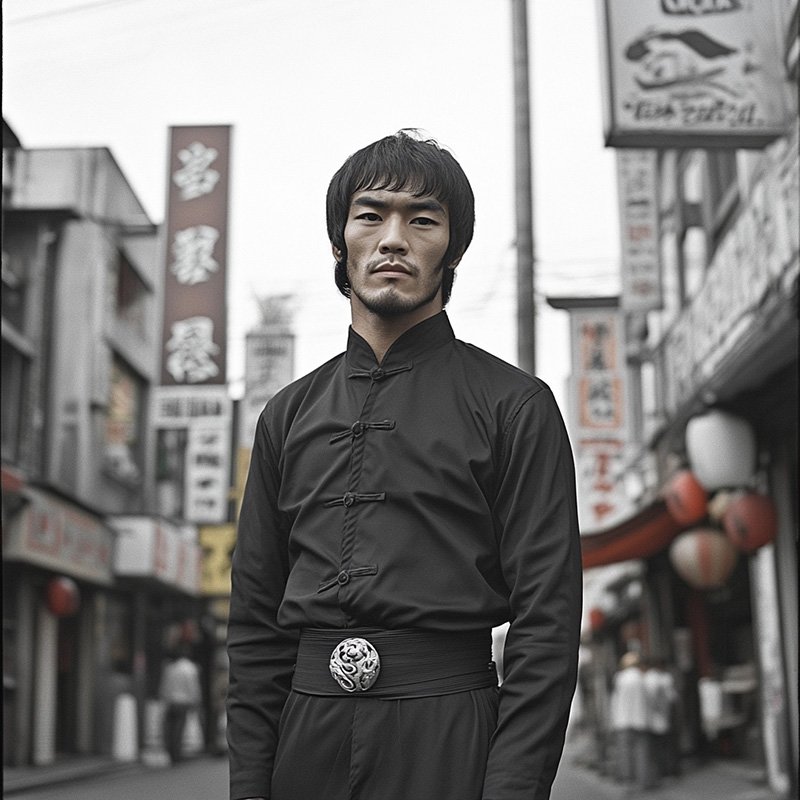
When you think of martial arts movies, what comes to mind? Perhaps it's the high-flying kicks, the intense training montages, or the legendary figures like Bruce Lee and Jackie Chan. Martial arts films have captivated audiences worldwide, blending the thrill of combat with deep philosophical undertones. This blog post will take you through the evolution of martial arts movies, their cultural impact, and why they continue to enthrall audiences. We'll delve into the greatest martial arts movies of the 2000s, offering insights and reflections on this dynamic genre.
The Birth of Martial Arts Movies
Origins in Eastern Cinema
Martial arts films have their roots deeply embedded in Eastern cinema, particularly in Hong Kong and Japan. The genre began to take shape in the 1920s and 1930s, driven by the popularity of Peking opera and traditional kung fu tales. These early films set the stage for what would become a global phenomenon.
The Bruce Lee Era
The world of martial arts movies changed forever with the emergence of Bruce Lee in the 1960s. His charisma, philosophy, and revolutionary fighting style brought martial arts to the forefront of global cinema. Films like "Enter the Dragon" became instant classics, setting a high bar for action and storytelling.
Martial Arts Movies in the 1980s and 1990s
The Rise of Jackie Chan
Jackie Chan revolutionized martial arts cinema by blending incredible stunts with comedy. His unique style, showcased in movies like "Drunken Master," earned him a place among the legends of the genre.
Hollywood’s Embrace
By the late 1980s and 1990s, Hollywood had embraced martial arts. Stars like Jean-Claude Van Damme and Steven Seagal became household names, bringing martial arts into the mainstream with a Western twist.
The 2000s: A Golden Era for Martial Arts Movies
The Influence of Technology
The 2000s marked a period where martial arts movies benefited greatly from advancements in technology. Enhanced special effects and innovative choreography brought a new level of excitement and realism to the genre.
Cultural Fusion
This era saw a fusion of Eastern and Western filmmaking styles. Directors like Ang Lee with "Crouching Tiger, Hidden Dragon" combined breathtaking visuals with intricate storytelling, appealing to a global audience.
Greatest Martial Arts Movies of the 2000s
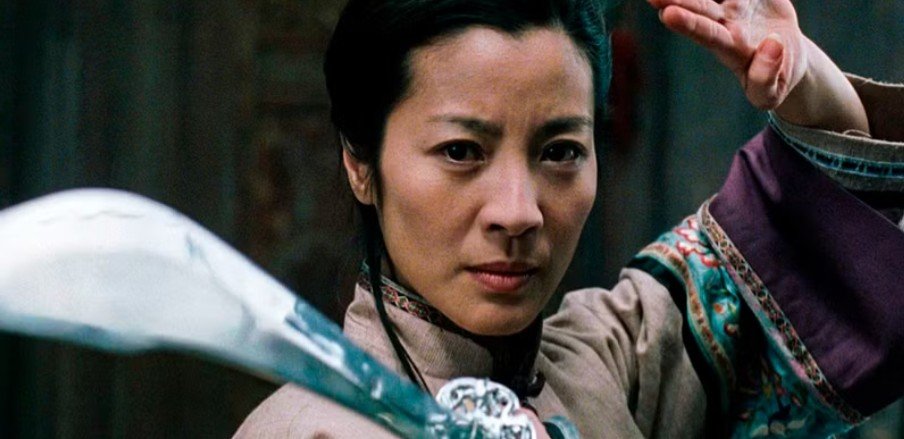
Crouching Tiger, Hidden Dragon (2000)
Ang Lee's masterpiece redefined martial arts cinema with its poetic choreography and profound narrative. It was a film that transcended genres, winning multiple Academy Awards and captivating audiences worldwide.

Hero (2002)
Zhang Yimou's "Hero" was a visual spectacle, weaving a tale of honor and sacrifice. Its use of color and cinematography made it a standout film of the decade.
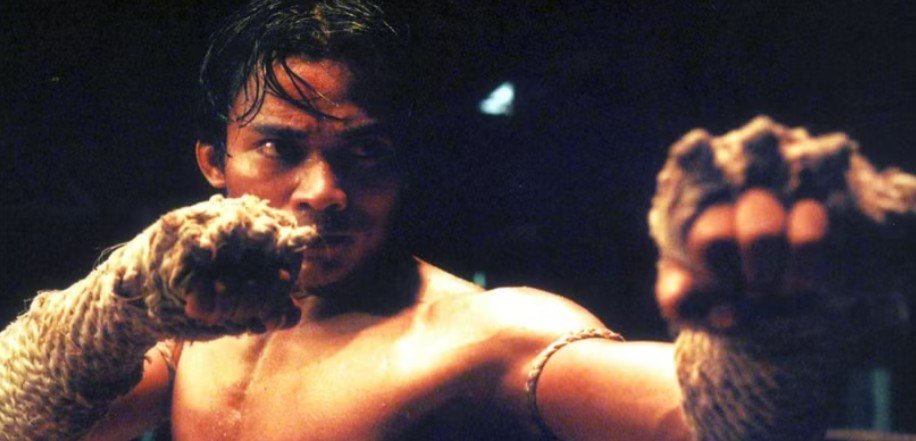
Ong-Bak: Muay Thai Warrior (2003)
Tony Jaa burst onto the scene with "Ong-Bak," showcasing the raw power and athleticism of Muay Thai. The film's gritty realism and jaw-dropping stunts left audiences in awe.
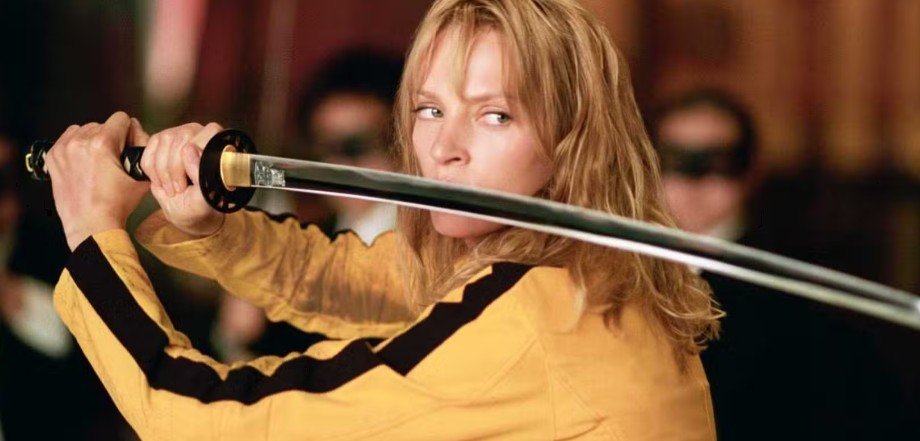
Kill Bill: Volume 1 & 2 (2003-2004)
Quentin Tarantino's homage to martial arts movies, "Kill Bill," was a blend of style and substance. With its eclectic soundtrack and iconic fight scenes, it became a cult classic.
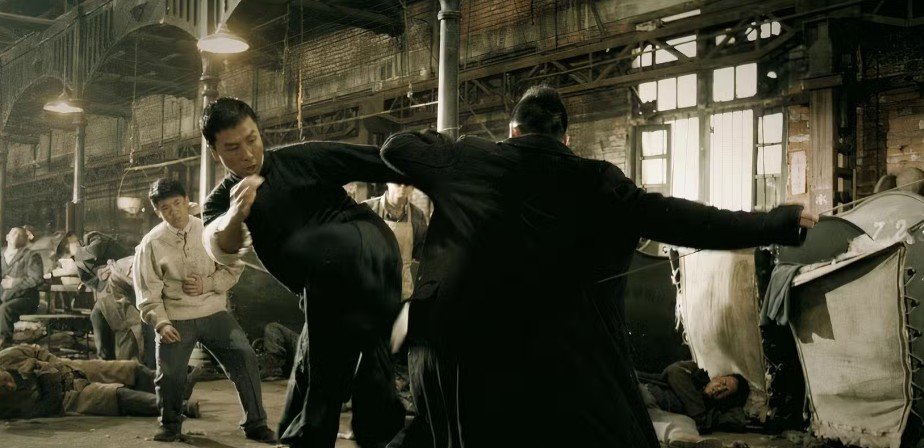
Ip Man (2008)
Donnie Yen's portrayal of Ip Man, the legendary Wing Chun master, offered a blend of historical drama and martial arts excellence. The film was both inspiring and exhilarating.
The Cultural Impact of Martial Arts Movies
Global Appeal
Martial arts movies have a universal appeal, transcending language and cultural barriers. They speak to the human spirit's desire for discipline, honor, and self-improvement.
Inspiring Generations
These films have inspired countless individuals to learn martial arts, promoting physical fitness and mental discipline. They have also influenced other genres, including superhero and action films.
The Philosophy Behind Martial Arts Movies
Beyond the Fight
At their core, martial arts films are about more than just combat. They explore themes of honor, revenge, redemption, and self-discovery. Characters often undergo personal growth, reflecting the philosophical teachings of martial arts.
The Hero’s Journey
Many martial arts movies follow the classic "hero's journey" narrative, where the protagonist faces challenges, overcomes adversity, and emerges transformed. This timeless story structure resonates deeply with audiences.
The Future of Martial Arts Movies
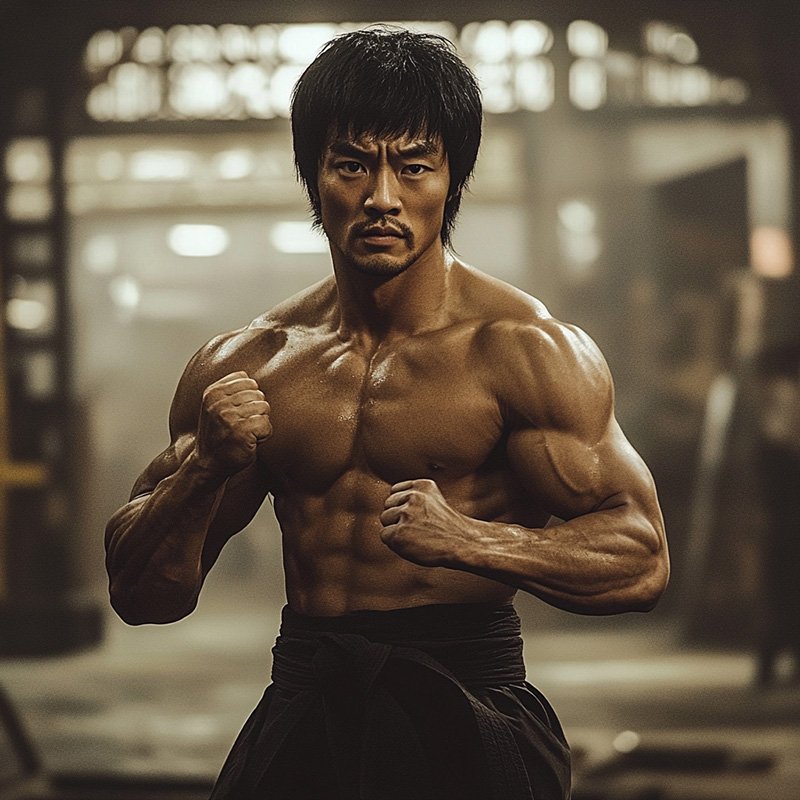
Technological Innovations
As technology continues to evolve, the potential for even more visually stunning and immersive martial arts films is limitless. Virtual reality and artificial intelligence could revolutionize how these stories are told.
A Global Stage
With streaming platforms expanding their reach, martial arts movies have a larger audience than ever before. This globalization will likely lead to more diverse and innovative storytelling.
Conclusion: The Enduring Legacy of Martial Arts Movies
Martial arts movies have carved a unique niche in the world of cinema. From the early days of Bruce Lee to the technological marvels of the 2000s, these films have captivated audiences with their blend of action, philosophy, and cultural richness. As we look to the future, the genre's ability to adapt and innovate ensures that it will continue to entertain and inspire for generations to come.
FAQs
What are some must-watch martial arts movies from the 2000s?
"Crouching Tiger, Hidden Dragon," "Hero," "Ong-Bak," "Kill Bill," and "Ip Man" are essential viewing for any martial arts enthusiast.
How have martial arts movies influenced modern cinema?
They have inspired action choreography, storytelling techniques, and the portrayal of heroism in various genres, including superhero films.
Why do martial arts movies have such a global appeal?
Their themes of discipline, honor, and self-improvement resonate universally, transcending cultural and linguistic barriers.
What are the philosophical themes often explored in martial arts movies?
Common themes include the hero's journey, personal growth, and the balance between physical prowess and mental discipline.
What is the future of martial arts movies?
With technological advancements and global streaming platforms, the future holds exciting possibilities for more diverse and visually stunning martial arts films.














